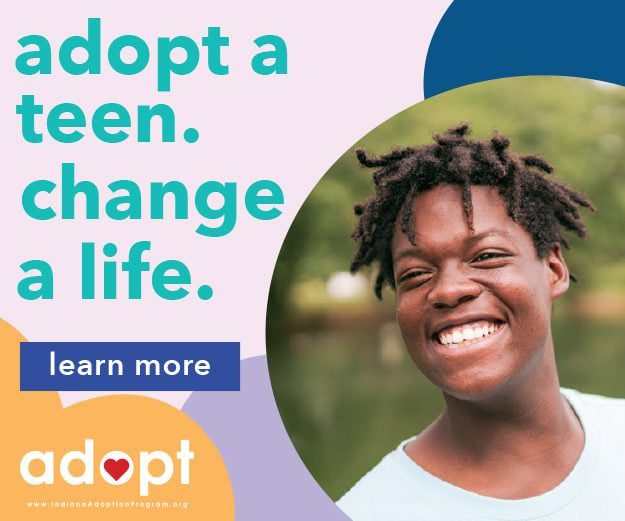Social and economic problems can lead to interpersonal ones: for example, people can fall into a trap of fueling ideas about in- and out-groups. In-group people tend to stick with the “good” folks — those they consider deserving and decent, and avoid the “bad.” The “bad” or out-group people include those with prison records or who live in a certain part of town. I am referring to relationships among Black people.
Believe it or not, there are mental health implications for this sort of thinking. Instead of feeling worthy simply because they are human, in-group people feel worthy because they are not “like them.” They may consider themselves wiser, brighter, more attractive, more deserving or just plain better than “those people.” Worse, they may not only distance themselves from members of the out-group, but also contribute to the challenges out-group members face. As employers, in-group people prevent ex-felons from obtaining jobs at their workplaces. As citizens, they support legislation that prevents undocumented immigrants from receiving professional licenses. Complicated matters are reduced to in- and out-group matters.
Associating our sense of worth and esteem on another person’s or group’s relative lack or diminished sense of worth does not lend to strong, sound identities or strong, democratic societies. Yes, we will and should have opinions about the range of forces that influences our lives such as racism, xenophobia, class exploitation, heterosexism, sexism, to name just a few. Yet if we rely on rigid thinking, then we create unnecessary distance between people and fail to deepen our understanding of others. It snuffs out our ability to think and act complexly by instead bolstering a desperate need for self-esteem in our troubled societies.
This should all sound familiar. The use of power to create unfair distance between one group and others is a major feature of white racism. We as Black people are at our strongest when we fight against racism and the tendency toward “othering.” When we do so, we get closer to ubuntu, a Zulu concept that refers to the essence of being human. According to my colleague Kagiso Nkosi, ubuntu means that “to be a human is to see others as human.” The term has implications for the lengths we would go for the sake of others.
When we concentrate our energies on combating societal wrongs — like protesting against police harassment and extra-judicial shootings of Black people in the city (and the relative absence of such harassment and shootings in the suburbs), or against unfair hiring practices that favor white over Black people — we grow closer to ubuntu.
Getting there is hard work. For this holiday season, let us be reminded that our mental health depends on a foundation of love of self and others. What ought to make people feel worthy as humans is merely that we are — people with faults, strengths, and already deserving of love and inclusion into the human family. In short, we already are worthy. No comparisons necessary.
Chalmer E. Thompson, Ph.D., is associate professor of Counseling and Counseling Education at Indiana University-Purdue University Indianapolis (IUPUI), Visiting Professor at Kyambogo University in Kampala, Uganda, and a research fellow at the University of South Africa Institute of Health and Social Science. Thompson also is a member of the Indiana Association of Black Psychologists and can be reached at chathomp@iupui.edu.







